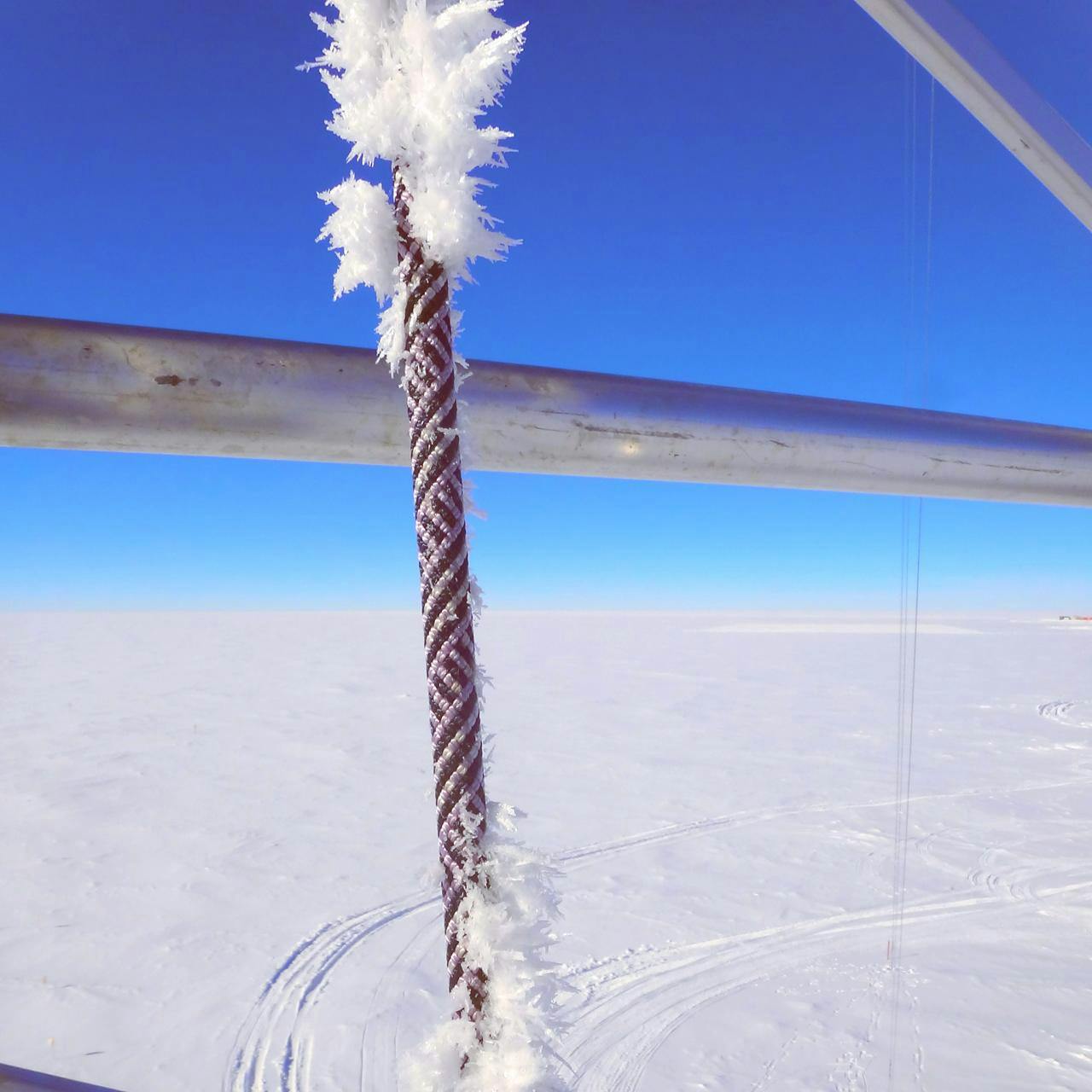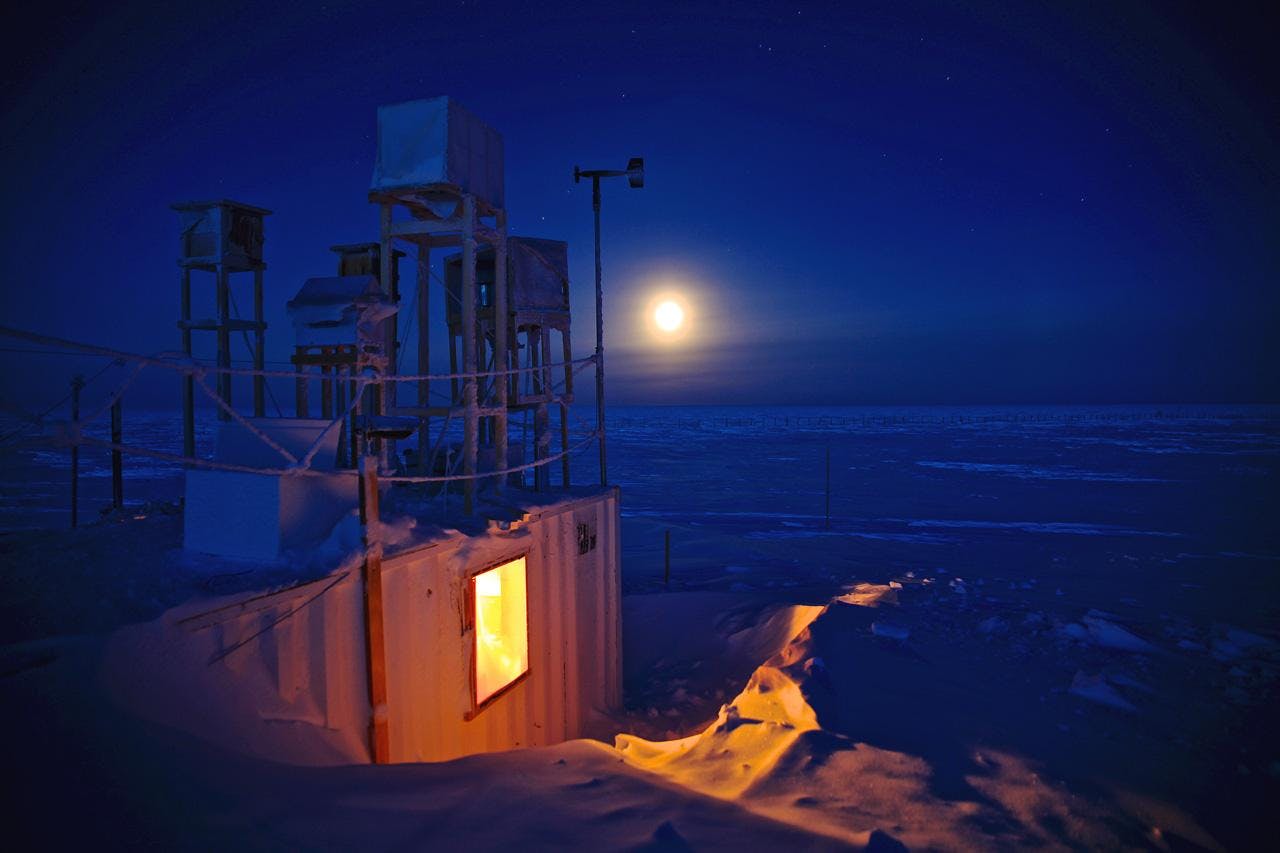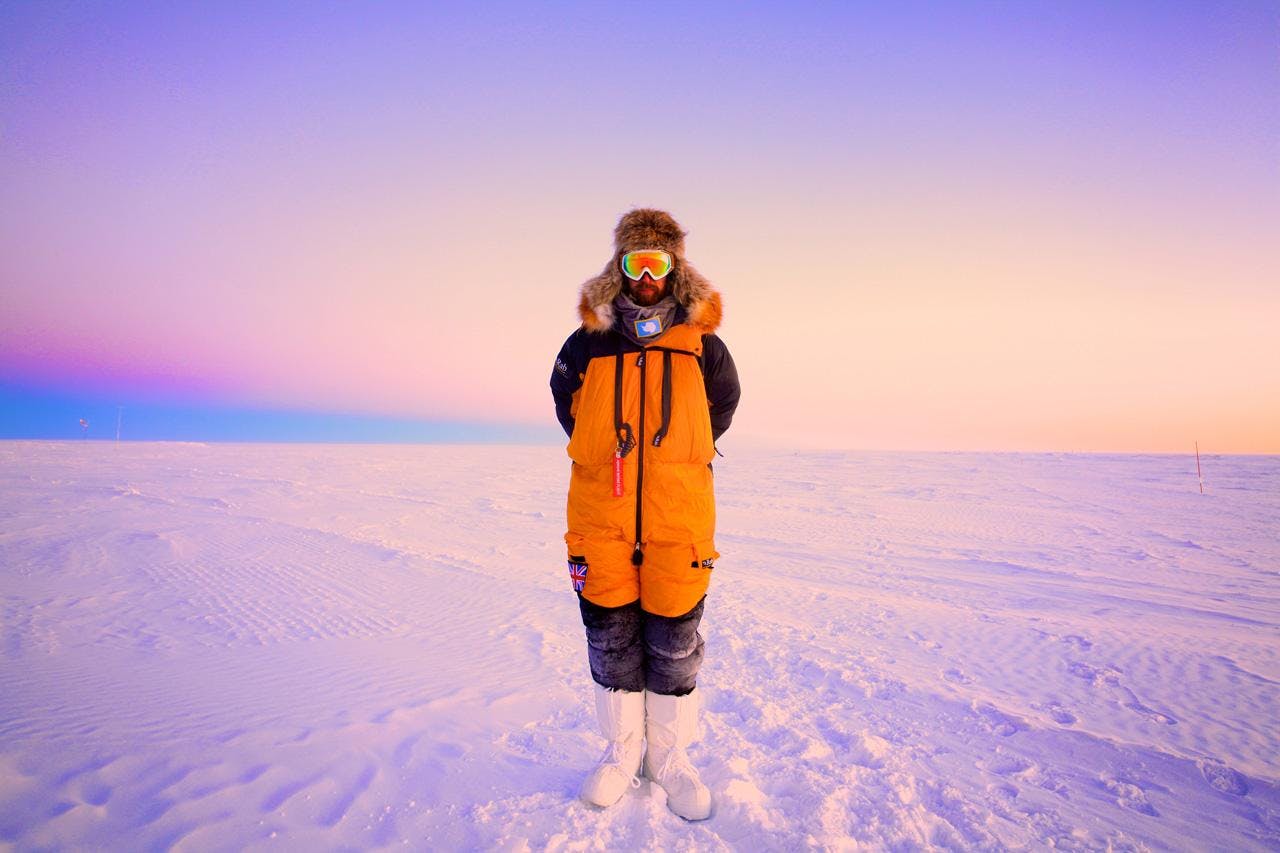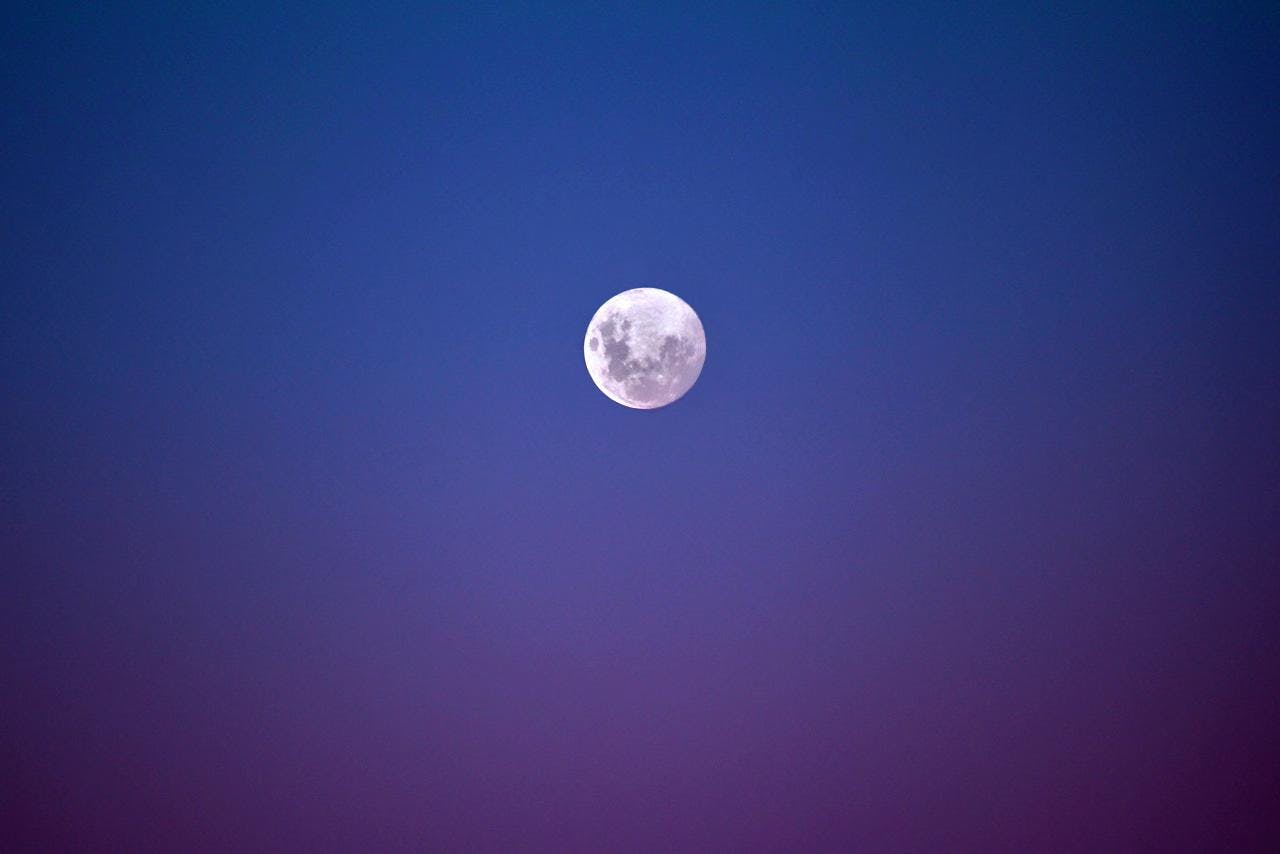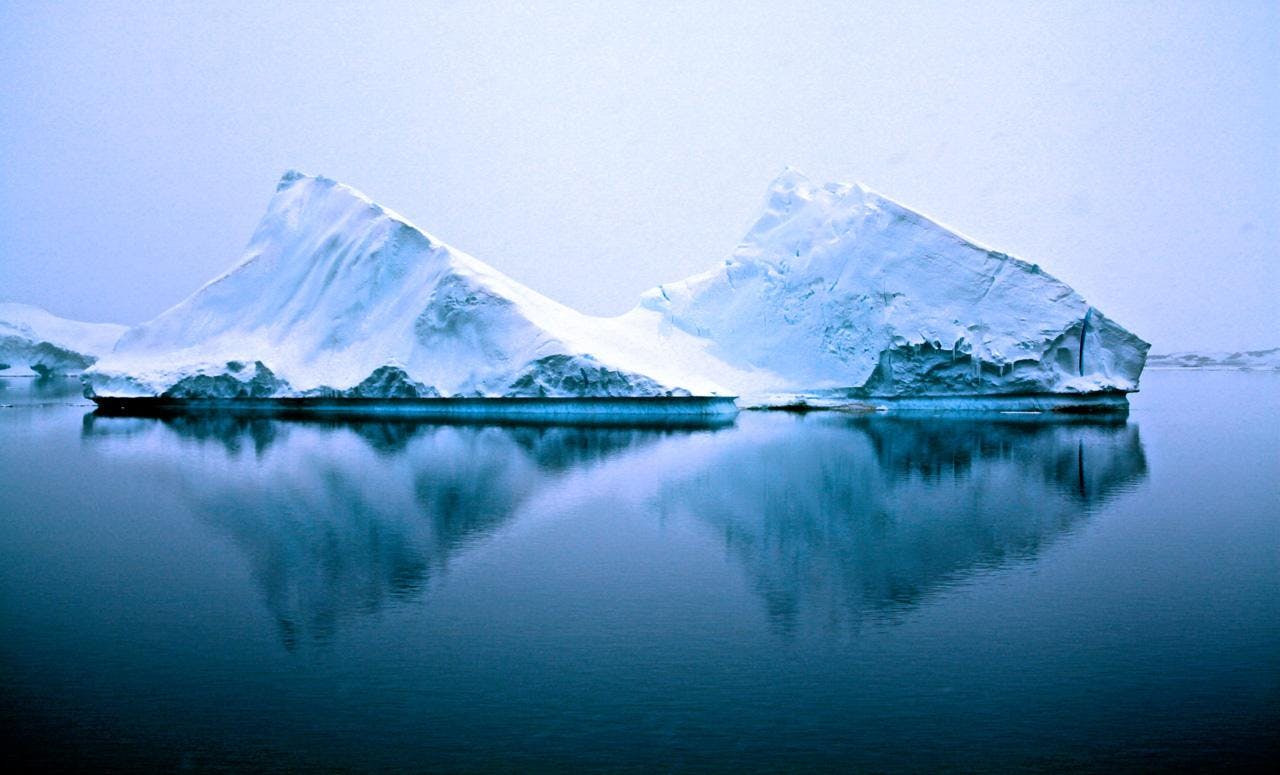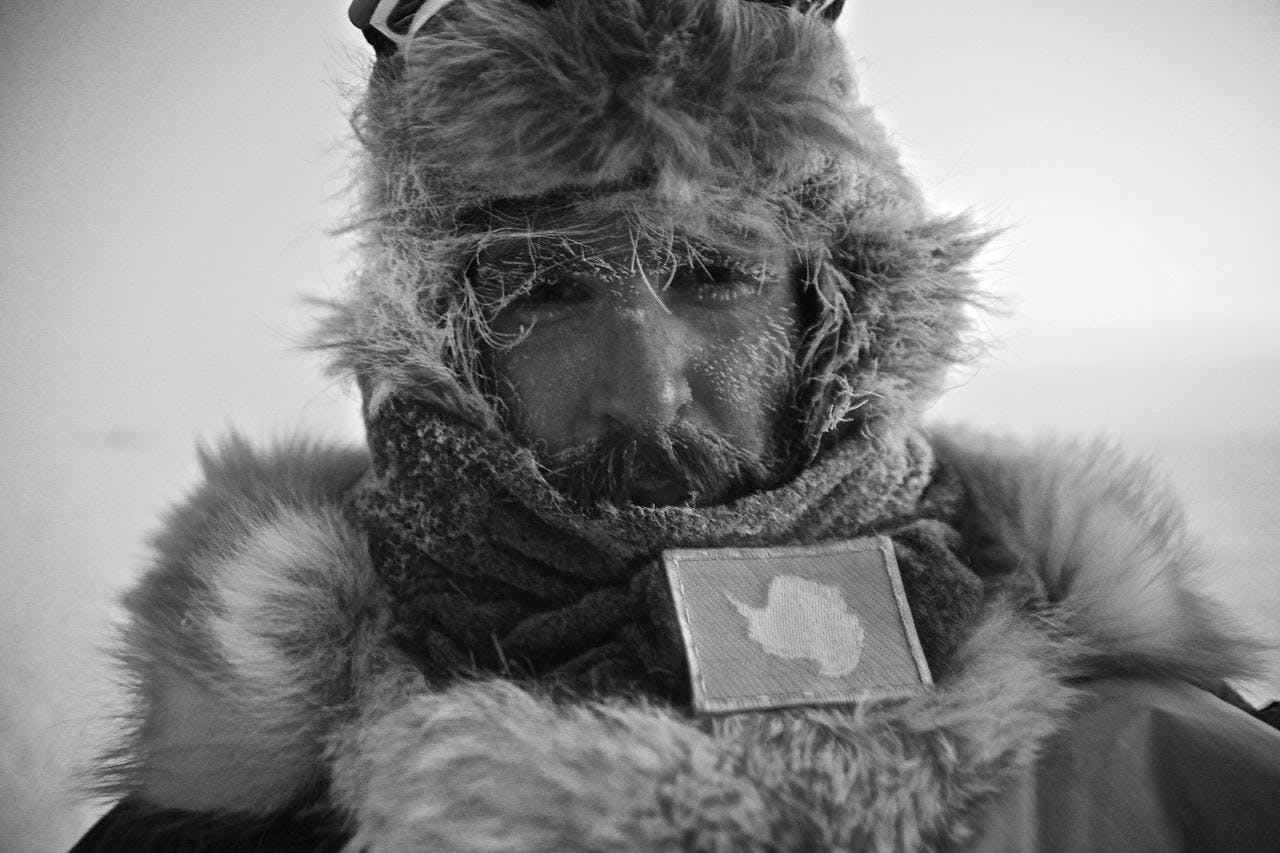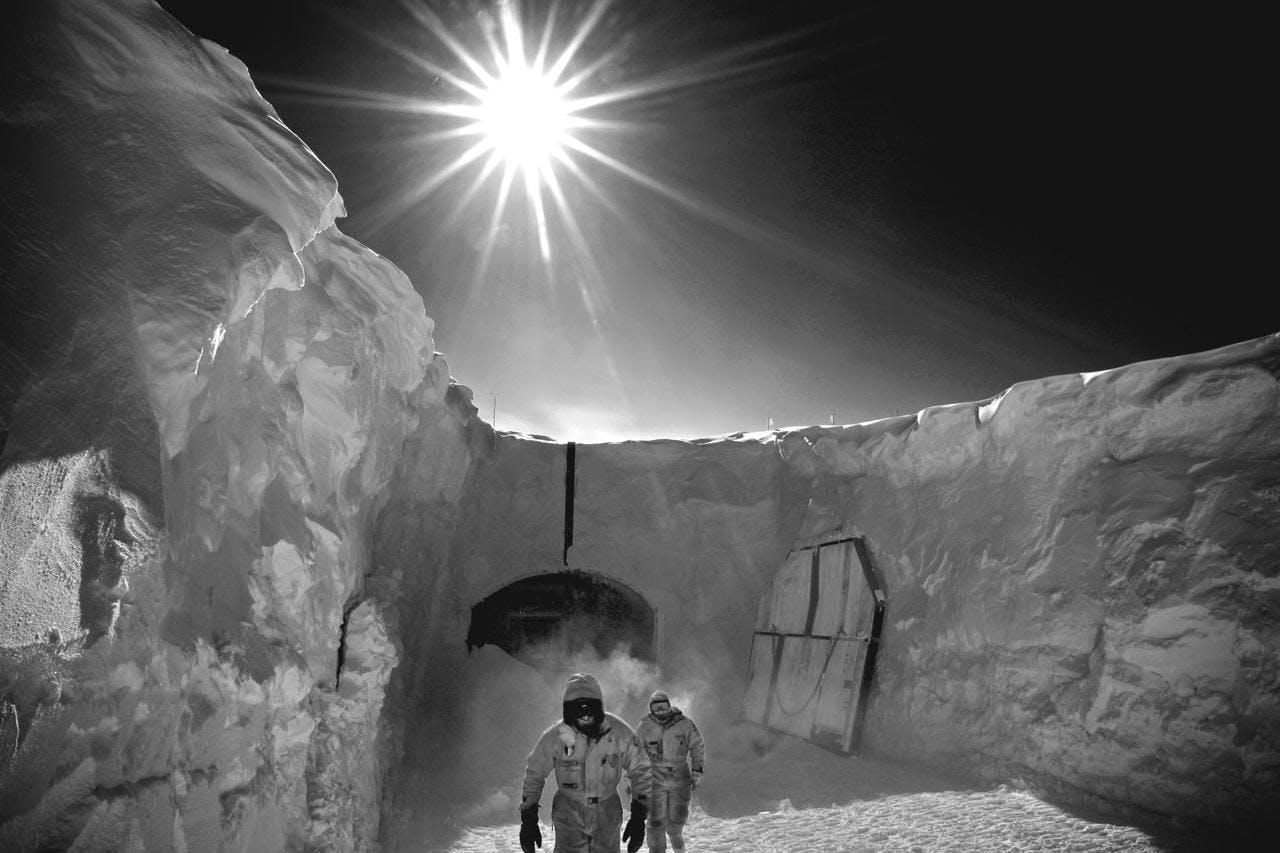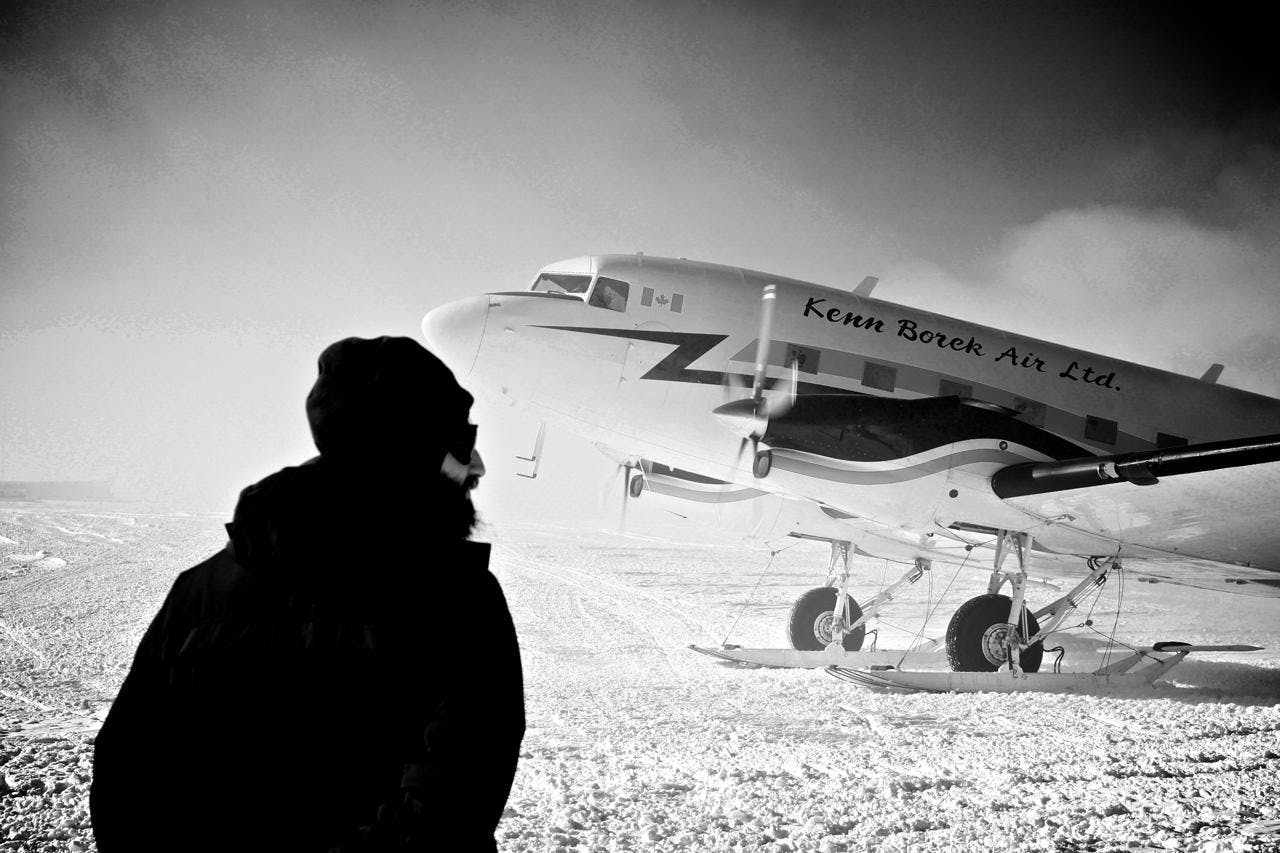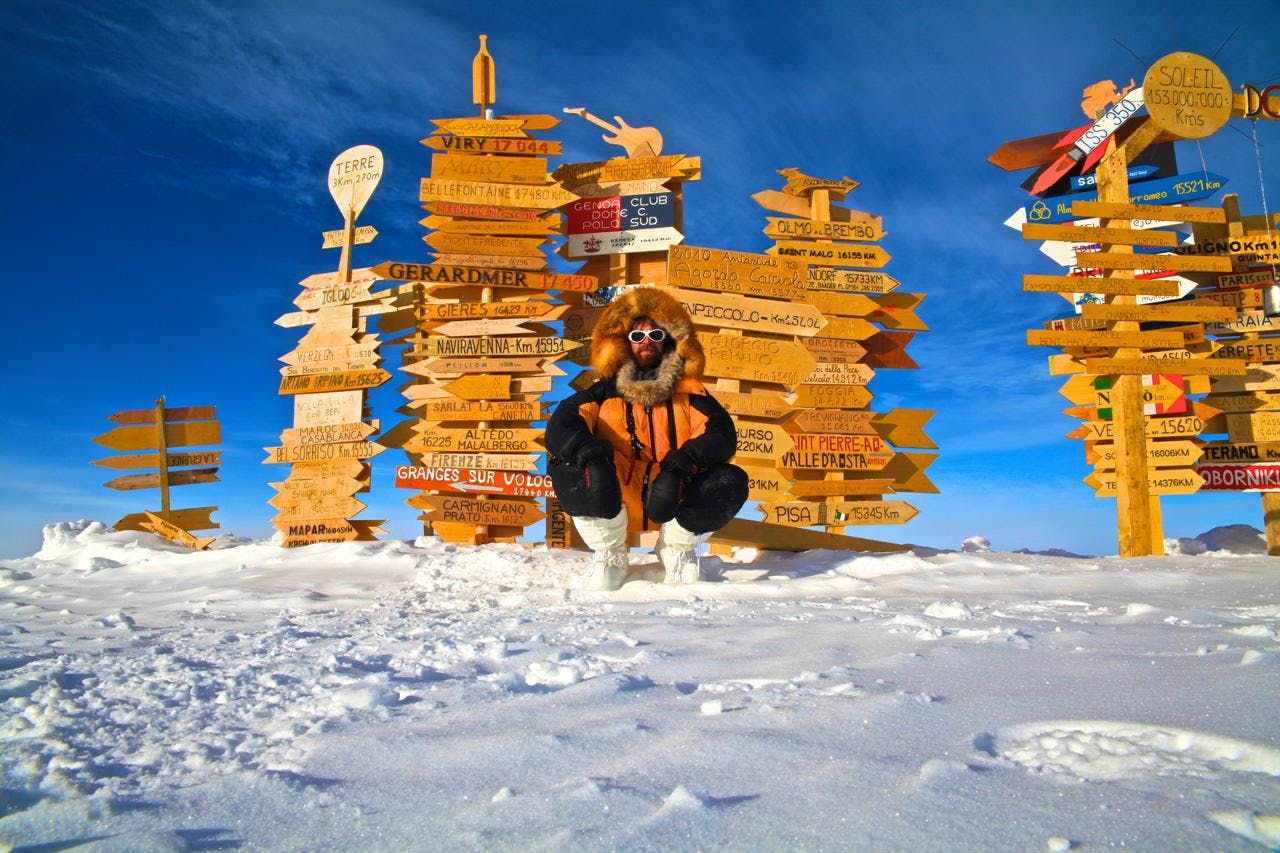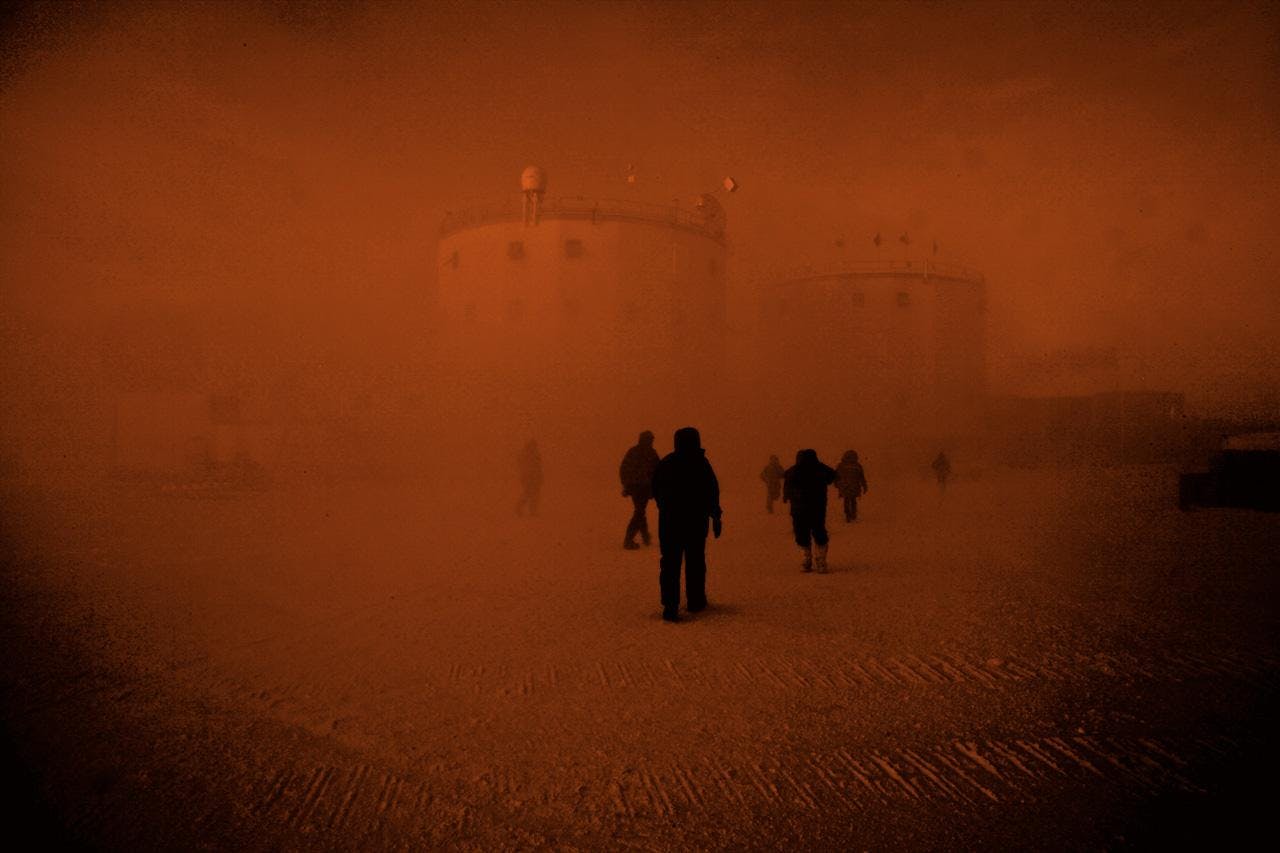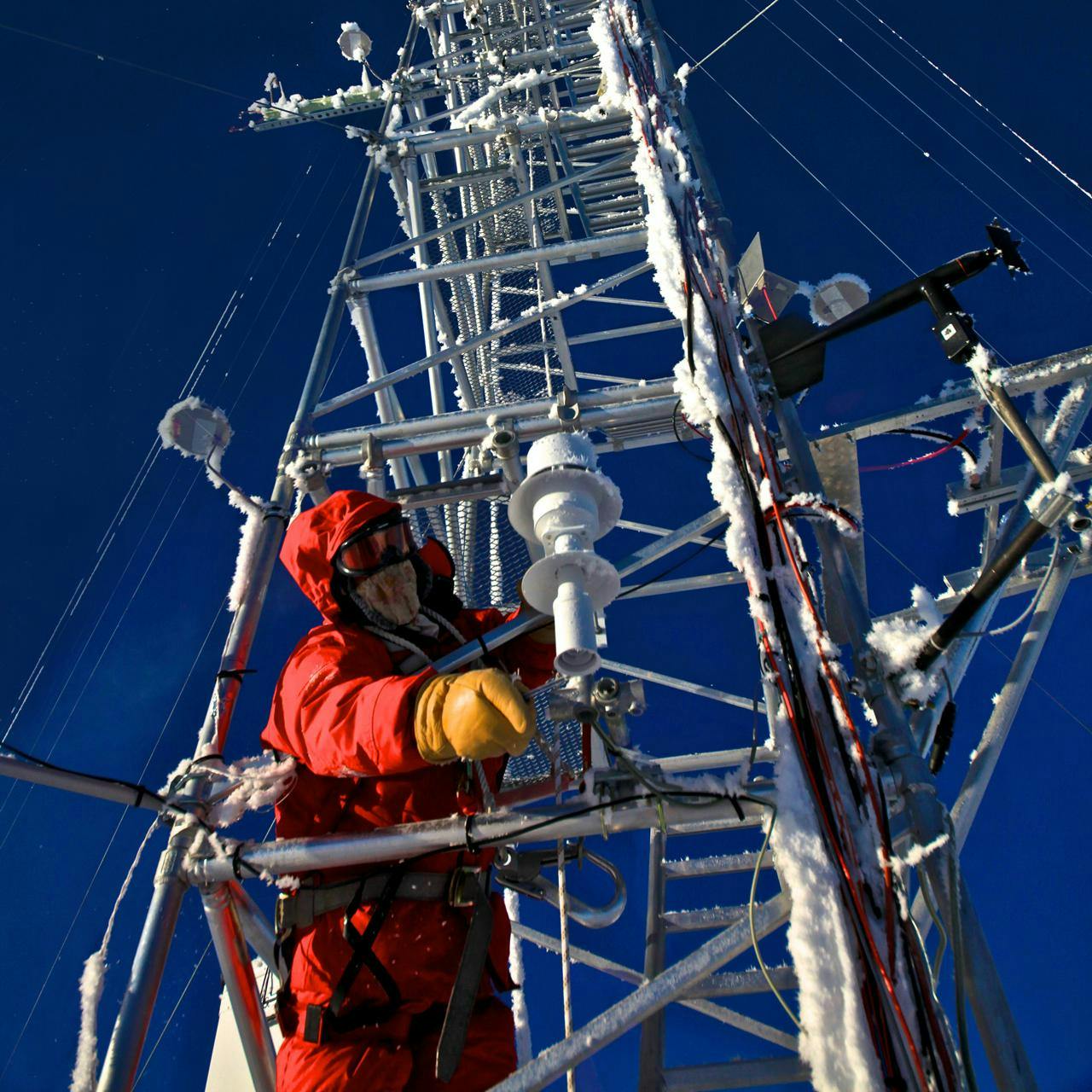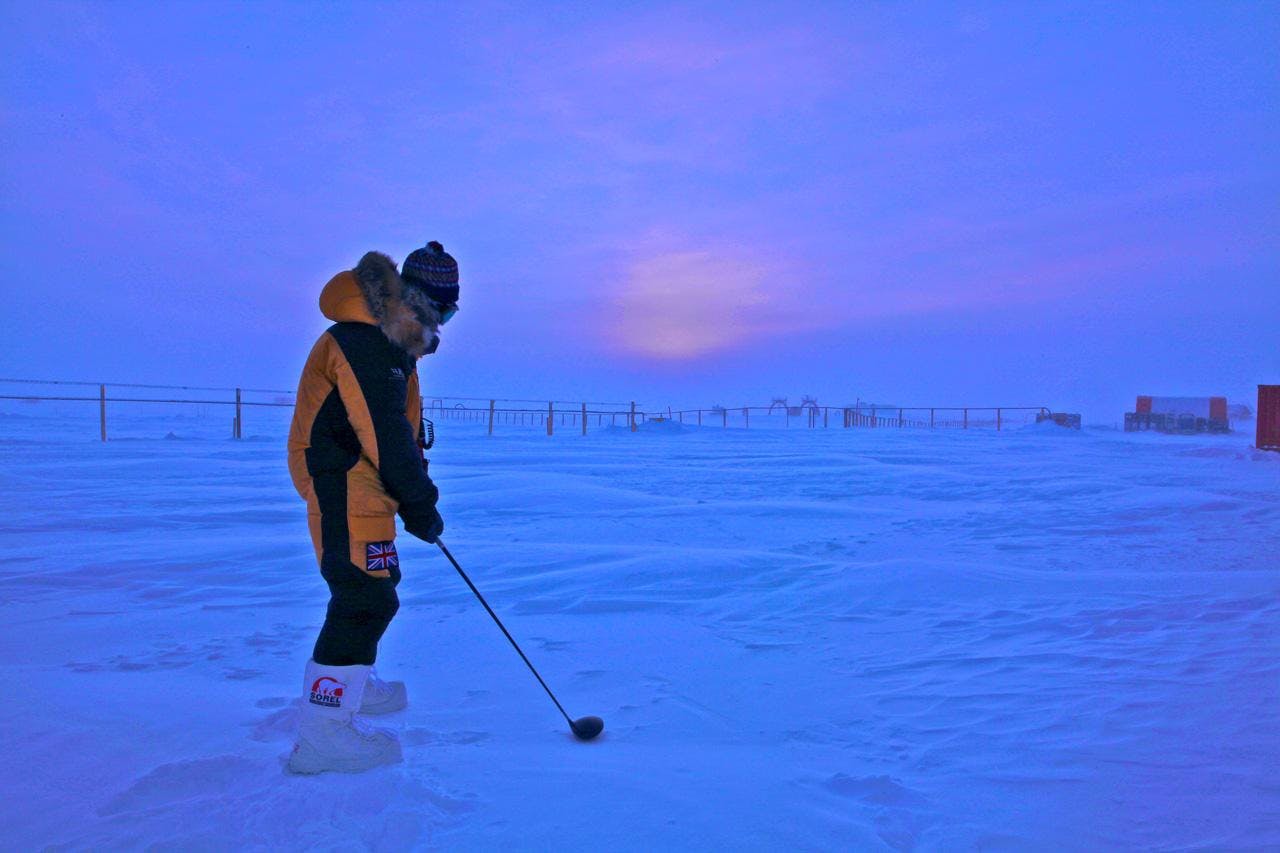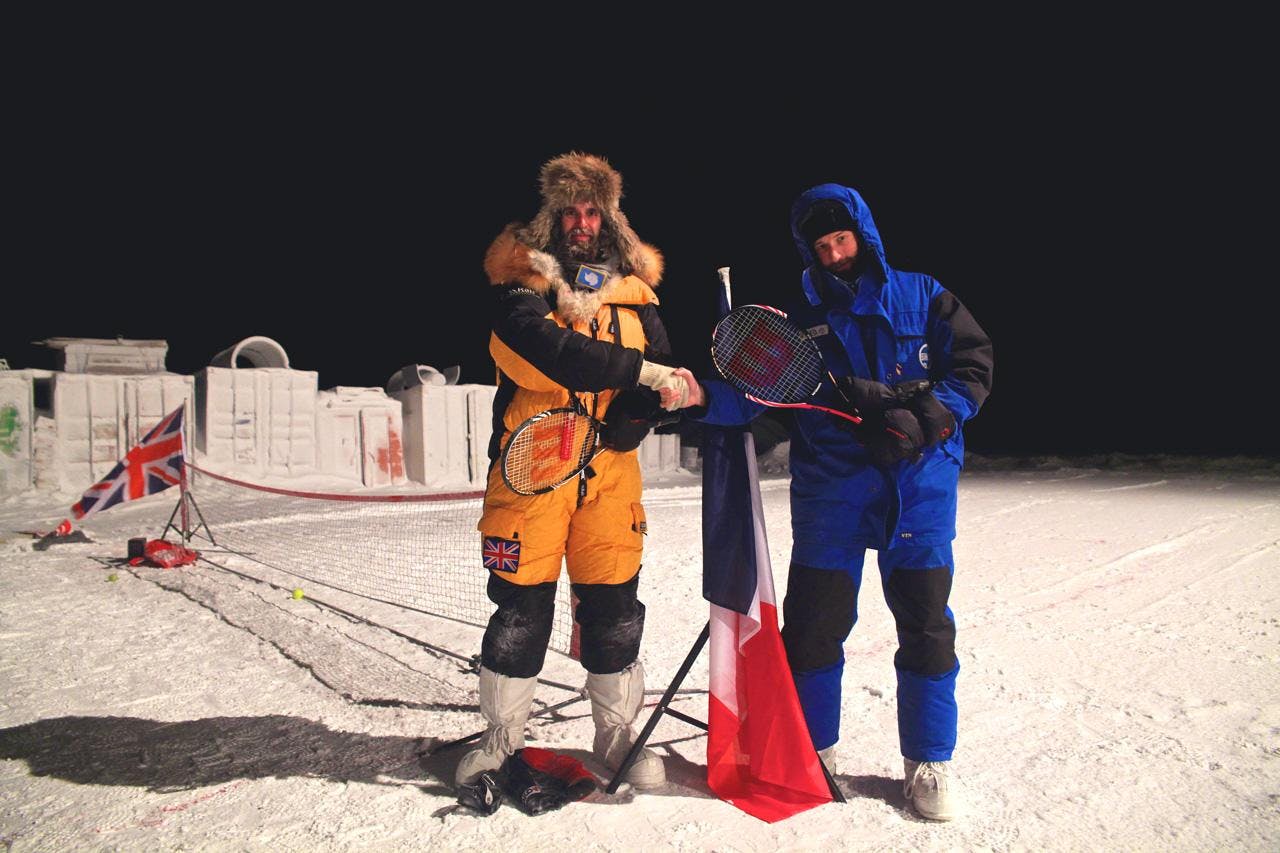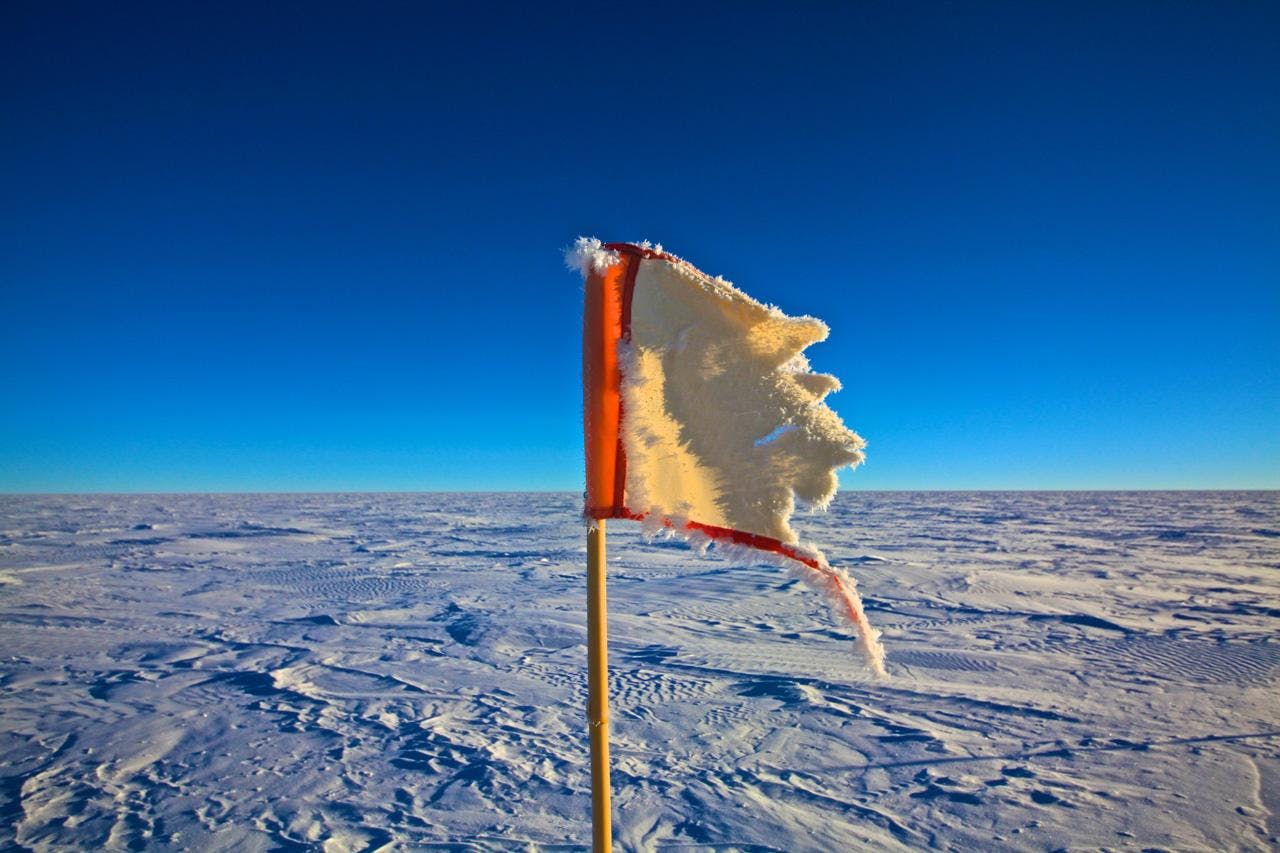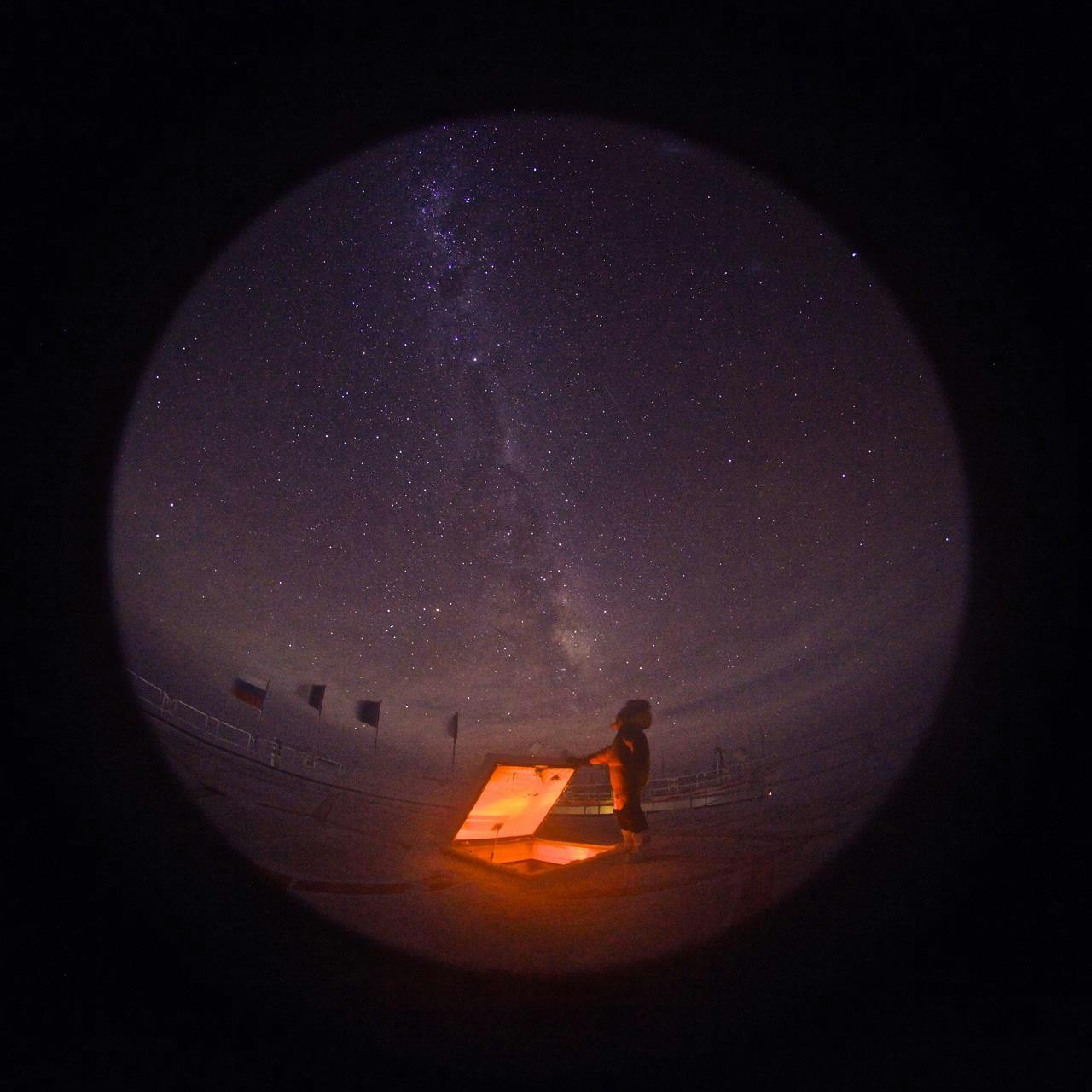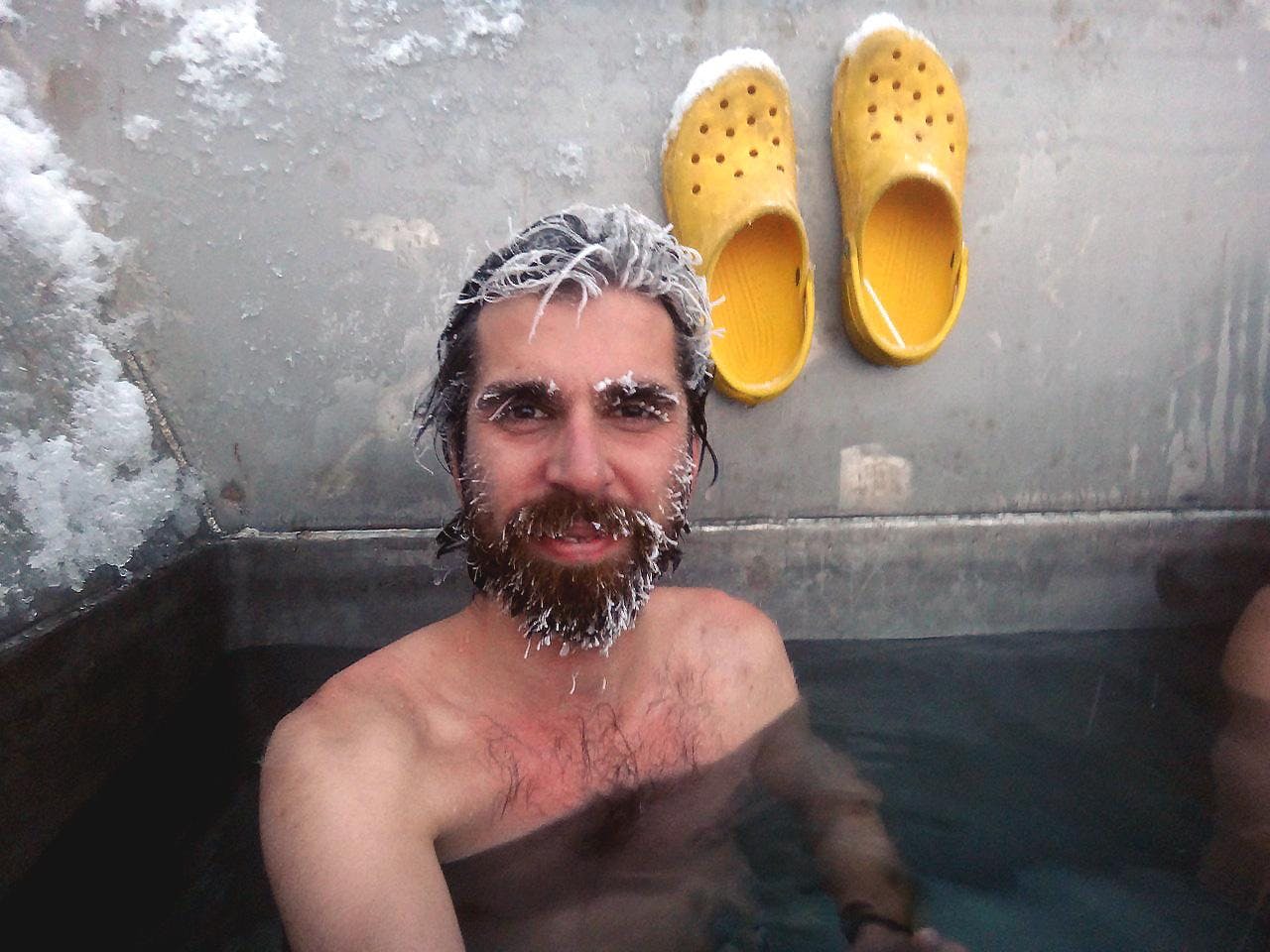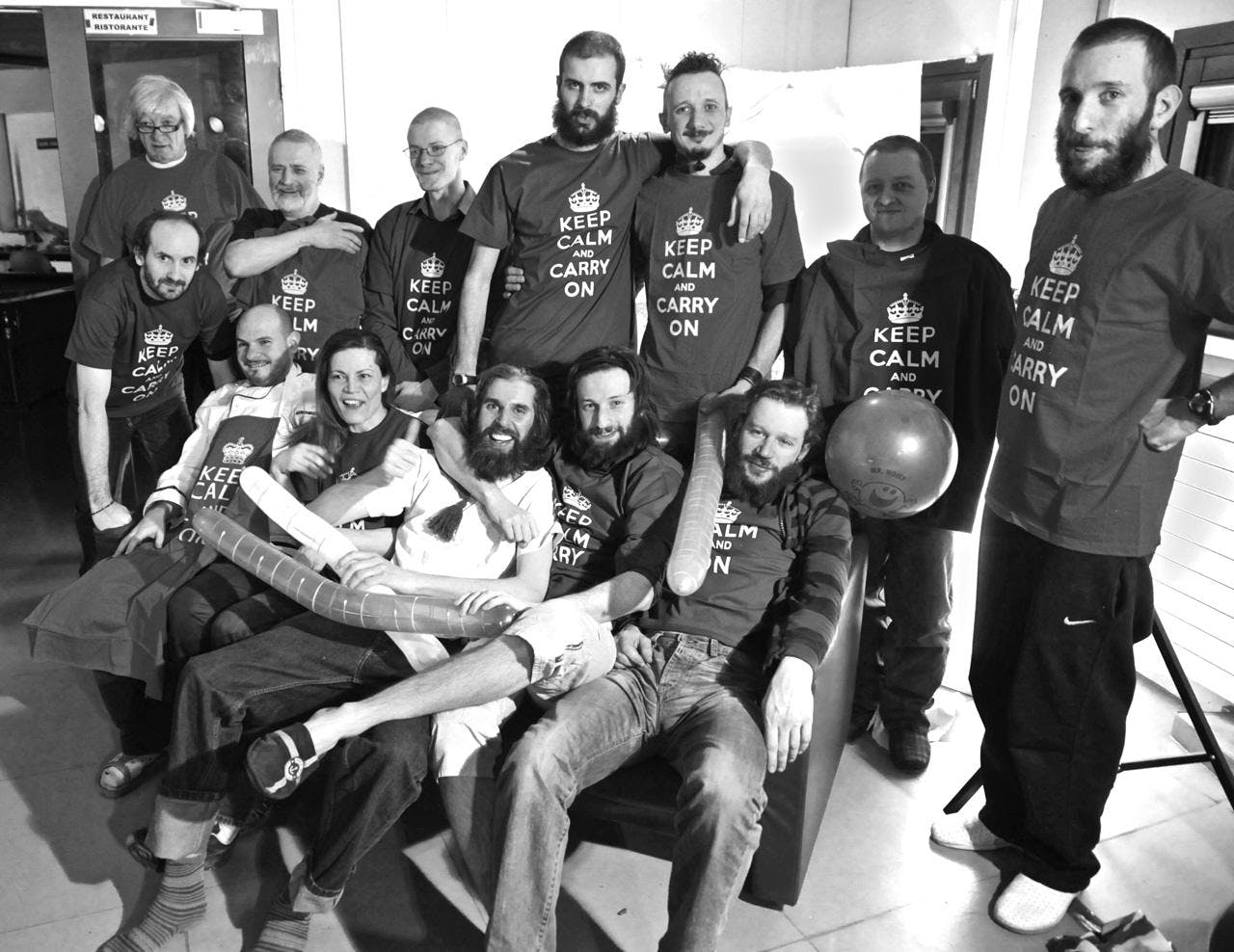When I returned to England, I knew that Antarctica had distorted my personality. The rolling green hills of Derbyshire, near where I grew up, looked different than I recalled. At a reunion, I found it difficult to connect to my friends and relatives. I had trouble choosing between double skinny latte coffee or caramel mint mocha. My mood fluctuated between anxious and underwhelmed.
The feeling of home is ingrained deeply into most of us. It may, sometimes, even feel indelible. When we are submerged into an alien environment, some place very different from the home we’re used to, we may feel helpless, irritable, or ignored. Our normal reinforcements no longer exist, and our locale is at odds with our identity. We are in culture shock. But we humans are expert adapters, and faced with a new environment, we are able to adjust and survive.
[NB:slide]
For many of us, however, that is not the end of the story. When we return home, we are again confronted with a very different environment—and the culture shock that comes with it—except, this time, disturbingly, it is our own home that we cannot cope with. Psychologists call this response reverse culture shock, or re-entry syndrome. An early record of the syndrome dates back to a 1944 paper on veterans returning from World War II, and it continues to be studied today. The syndrome is characterized by feelings of loss, disorientation, and isolation. Some feel the urge to run away. Others develop patterns of substance abuse, mood instability, apathy, and increased risk-taking. Psychologists know relatively little about who will develop these long-term problems.
Disturbingly, it is our own home that we cannot cope with.
My own encounter with re-entry syndrome began after I spent nine months in Antarctica, as part of a long-running experiment by the European Space Agency (ESA) to simulate the living conditions that astronauts will encounter on a manned mission to Mars. In fact, I would call my Antarctic outpost “White Mars.” My own motivation, though, wasn’t limited to astronauts and space travel. At the hospital where I work in England, I watch over some patients who have suffered neurological injuries, who cannot speak and who are imprisoned in their bodies by disease or illness for long stretches of time. I thought that if I experienced something similar, I might be able to better help them handle the sense of isolation, and the transition back to normal life.
I had joined a long and illustrious history of those who took a timeout from civilization, even if briefly. A fabled newspaper advertisement from the early 20th century aimed to recruit people to join explorer Sir Ernest Shackleton on a trip to Antarctica. It read: “Men wanted for hazardous journey. Low wages, bitter cold, long hours of complete darkness. Safe return doubtful. Honor and recognition in event of success.” Incredulously, it is said that hundreds or thousands of people signed up. Little has changed. This year, the Mars One project, which aims to send four human settlers on a one-way mission to Mars in 2022, received more than 200,000 applicants. There is something tantalizing, it seems, in the great beyond. Not much thought is spared for the return journey.
My own destination was Antarctica—under extreme conditions. I was doing what is called an “overwinter,” which means that there was no possibility of leaving until the time allotted for my visit had passed, regardless of reason or need. I was stationed on Concordia Station, a joint French-Italian initiative located in the Eastern Antarctic Plateau, the world’s driest, coldest, and largest desert. It’s a pancake expanse and a featureless landscape. Being only one of three inland Antarctic stations, it is as far away from yourself and civilization as anyone can get. The last plane departed my outpost in February 2012, leaving me isolated with 11 other men and one woman. Some of us had come to Antarctica for adventure and knowledge gained from the experience. Others wanted money, since you can earn a salary without spending any of it. A few just wanted to disappear.
Only one of three inland Antarctic stations, it is as far away from yourself and civilization as anyone can get.
We spent three of the next nine months in 24-hour darkness as the continent metamorphosed around us, its icy coastal area expanding to roughly twice the size of Europe. Temperatures dropped to below -112 degrees Fahrenheit (-80 degrees Celsius)—as cold as dry ice. Plastic earphone cables snapped like breadsticks, corneas of the eyes might freeze and fracture, ice crystals might form in airways, potentially causing the lungs to bleed. Daily life was a monotonous slog peppered with moments of beauty and flashes of terror. The isolation was complete. Once, NASA headquarters patched us in for a live video call to astronauts onboard the International Space Station. When Dutch astronaut Andre Kuipers turned his camera around to face planet Earth, I gasped, feeling utterly separated for the first time in my life from the world on the screen.
As the medical doctor among us, I managed my team’s mental and physical wellbeing. By May, I began to see psychiatric symptoms poking through. Having signed non-disclosure forms, I’m not at liberty to elaborate, but I can tell you that in the empty darkness of the Antarctic winter, people’s personal monsters come out to play. I made friends with the monsters in my mind, but some people did not. They vanished into their rooms for a week or two. I tried to predict who would struggle and eventually snap. But I got it wrong. There seemed to be no formula. This was something the ESA was interested in, too. If it could tell which category of person might not adapt, and suffer upon return, they could make safer astronaut choices. But the question was not an easy one to answer, even for someone who was observing subjects day by day. Fortunately, the fine line as to when it was appropriate to turn observation into treatment was often obvious.
I was glad to return home, but I felt subtly detached. These feelings grew as the first weeks passed. While on walks through my nostalgic English countryside, I felt distant, as if I had lived a previous life, perhaps having been reborn by the new experience.
It took a great deal of effort and discipline to readjust: I had to force myself back into my old life. Even when I felt tired or uncomfortable, I kept appointments, worked, and managed to start living again. It took months before I felt normal, and longer for my urges to return to the ice to subside.
There were many valuable lessons I learnt from Antarctica’s harsh education. After the trip, when I visited the house that I learned to walk in as a baby, I saw it with new eyes—and today I feel more connected to it than ever before. Some react differently, choosing to straddle home and away without ever fully integrating into either. A fellow crew member who went down with me to Antarctica has returned for his fourth winter at Concordia Station. His home may no longer be his home—his identity has been transformed.
You won’t know how your personality will adapt until you push it. I’m glad I did. T.S. Elliot wrote it best in the final of the Four Quartets: “We shall not cease from exploration and the end of all our exploring will be to arrive where we started and know the place for the first time.”
Alexander Kumar is a British medical doctor and scientific explorer.

























